Santa Maria dello Spasimo
This skeletal, unfinished Gothic church once housed a miraculous masterpiece by Raphael.
Palermo’s roofless Santa Maria dello Spasimo is representative of the storied city itself—the church’s bare walls and skeletal arches summon a lost grandeur characteristic of the ancient capital’s decadent majesty. The unfinished church was one of the many victims of the 16th-century Ottoman raids on the Mediterranean coast. Building supplies intended for the Spasimo’s roof were diverted to be used as fortifications for the city’s walls, and, 500 years later, construction has still not resumed.
The ghostly Gothic church was intended to accompany an Olivetan monastery in the early 16th century. The construction of the monastery complex was aided by a gift from a deceased Aragonese noblewoman, Eulalia Rosolmini, who was particularly enamored of the controversial worship of The Swoon of the Virgin.
The Swoon, or Fainting—Lo Spasimo in Italian—was said to befall Mary as she witnessed Christ’s suffering on the way to Calvary. Though this episode doesn’t occur in the canonical gospels (and is discouraged by Catholic authorities), it was a popular subject in many medieval art and writings.
In the 1510s, a painting of The Swoon by Renaissance master Raphael was commissioned as the church’s altarpiece. Tragically, the ship carrying the work was wrecked in a storm. The entire crew perished, and the cargo was lost, save for the single case carrying the painting. The lone luggage miraculously washed ashore in Genoa.
The now-blessed painting, called officially Christ Falling on the Way to Calvary but informally Lo Spasimo di Sicilia, was eventually brought to Santa Maria dello Spasimo, where it sat for a century. It’s now in the Prado in Madrid, conforming with modern tastes that govern the housing of artistic masterpieces in buildings with roofs.
By the end of the 16th century, the Olivetan monks must have given up hope that the church would ever be completed. It was first used as a performance space in 1582, and today still serves as a concert hall and event space.
Plan Your Trip
The Atlas Obscura Podcast is Back!




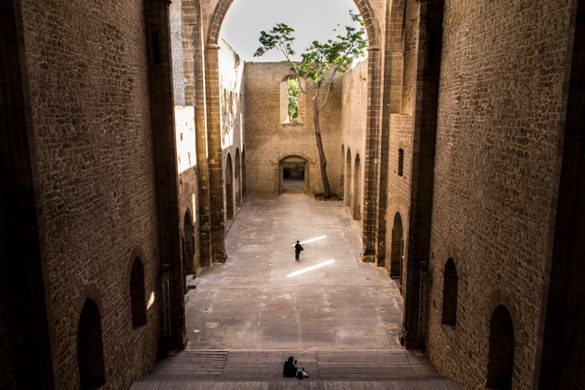
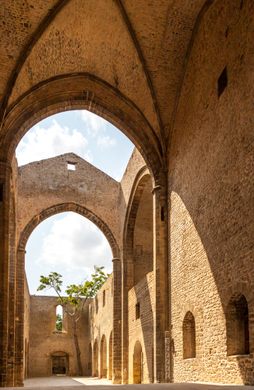
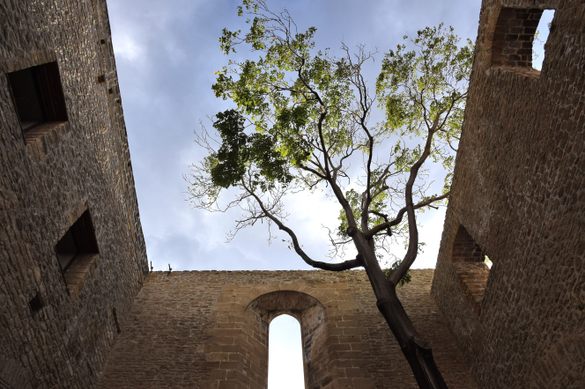
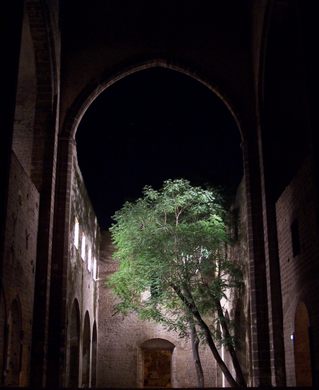





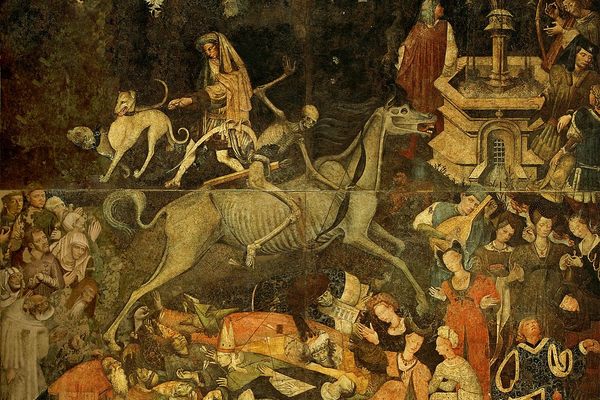

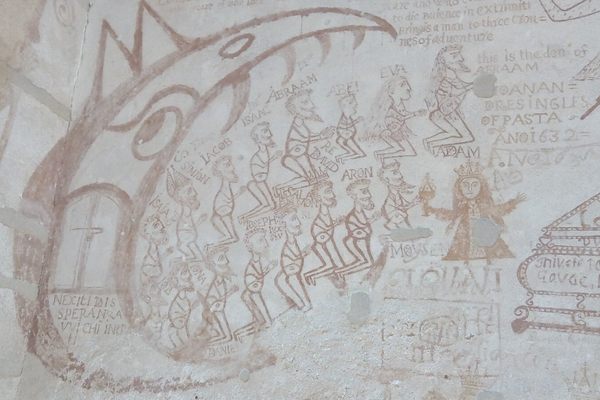






Follow us on Twitter to get the latest on the world's hidden wonders.
Like us on Facebook to get the latest on the world's hidden wonders.
Follow us on Twitter Like us on Facebook